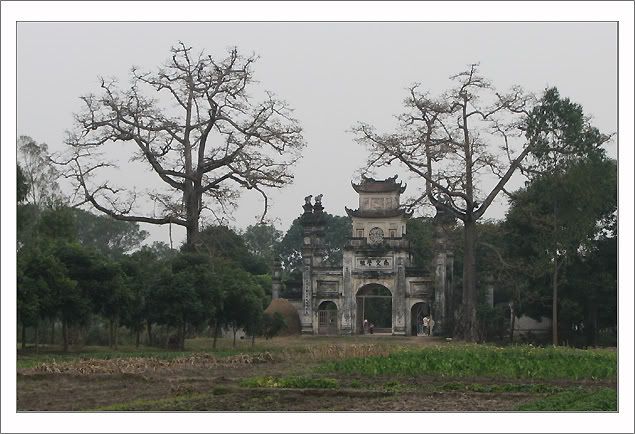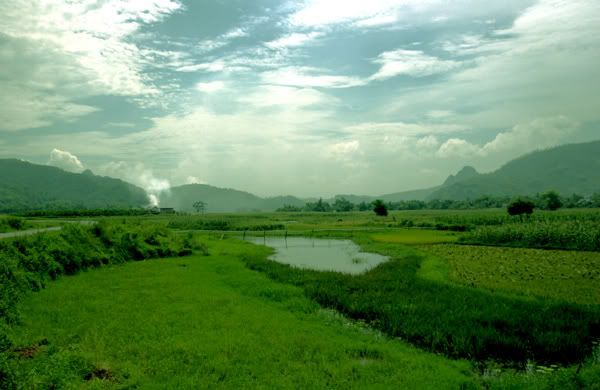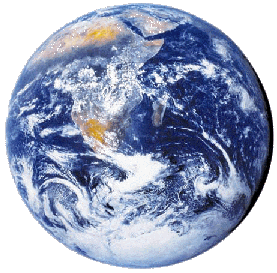Quê nhà có tổ có tiên
Tha hương có mỗi đồng tiền giắt lưng...
20-7-2008
HY

Quê nhà có tổ có tiên
Tha hương có mỗi đồng tiền giắt lưng...
20-7-2008
HY

Em về thơ ấu cùng anh
Chân trần trên cỏ yên lành sớm mai
Bước qua thiếu nữ tóc dài
Mùi hương năm cũ chưa phai dịu dàng
Cho dù mấy thế kỷ sang
Trời cao vẫn ánh trăng vàng thân thương
Lênh đênh ngày thẳm đêm trường
Là em yếu đuối bình thường yêu anh
***
18-7-2008
HY

(Ảnh từ blog Le)
Lòng như mặt nước đêm xưa
Trăng in động tiếng chuông chùa khẽ rung...
Đường xa tri kỷ muôn trùng,
Riêng tư giữ chút tương phùng ấy thôi.
15-7-2008
HY

(Ảnh langven.com)
Cơn giông kéo lại đất trời
Mưa rơi rơi mãi mát lời em ru
Mơ đi anh giấc mùa thu
Trời xanh xanh thắm, mây mù em nâng
Cúc vàng lối ngõ bâng khuâng
Mẹ ngồi sảy cốm hương dâng khắp nhà...
***
10-7-2008
HY

Ảnh của Codet (langven.com)

Most of us sense that the Earth is more than a sphere of rock with a thin layer of air, ocean and life covering the surface. We feel that we belong here as if this planet were indeed our home. Long ago the Greeks, thinking this way, gave to the Earth the name Gaia or, for short, Ge. In those days, science and theology were one and science, although less precise, had soul. As time passed this warm relationship faded and was replaced by the frigidity of the schoolmen. The life sciences, no longer concerned with life, fell to classifying dead things and even to vivisection. Ge was stolen from theology to become no more the root from which the disciplines of geography and geology were named. Now at last there are signs of a change. Science becomes holistic again and rediscovers soul, and theology, moved by ecumenical forces, begins to realise that Gaia is not to be subdivided for academic convenience and that Ge is much more than just a prefix.The new understanding has come from going forth and looking back to see the Earth from space. The vision of that splendid white flecked blue sphere stirred us all, no matter that by now it is almost a visual cliche. It even opens the mind's eye, just as a voyage away from home enlarges the perspective of our love for those who remain there.
The first impact of those voyages was the sense of wonder given to the astronauts and to us as we shared their experience vicariously through television, but at the same time the Earth was viewed from outside by the more objective gaze of scientific instruments. These devices were quite impervious to human emotion yet they also sent back the information that let us see the Earth as a strange and beautiful anomaly. They showed our planet is made of the same elements and in much the same proportions as are Mars and Venus, but they also revealed our sibling planets to be bare and barren and as different from the Earth as a robin from a rock.
We now see that the air, the ocean and the soil are much more than a mere environment for life; they are a part of life itself. Thus the air is to life just as is the fur to a cat or the nest for a bird. Not living but something made by living things to protect against an otherwise hostile world. For life on Earth the air is our protection against the cold depths and fierce radiations of space.
There is nothing unusual in the idea of life on Earth interacting with the air, sea and rocks, but it took a view from outside to glimpse the possibility that this combination might consist of a single giant living system and one with the capacity to keep the Earth always at a state most favorable for the life upon it.
An entity comprising a whole planet and with a powerful capacity to regulate the climate needs a name to match. It was the novelist William Golding who proposed the name Gaia. Gladly we accepted his suggestion and Gaia is also the name of the hypothesis of science which postulates that the climate and the composition of the Earth always are close to an optimum for whatever life inhabits it.
The evidence gathered in support of Gaia is now considerable but as is often the way of science, this is less important than is its use as a kind of looking glass for seeing the world diferently, and which makes us ask new questions about the nature of Earth.
If we are "all creatures great and small," from bacteria to whales, part of Gaia then we are all of us potentially important to her well being. We knew in our hearts that the destruction of a whole ranges of other species was wrong but now we know why. No longer can we merely regret the passing of one of the great whales, or the blue butterfly, nor even the smallpox virus. When we eliminate one of these from Earth, we may have destroyed a part of ourselves, for we also are a part of Gaia.
There are many posibilities for comfort as there are for dismay in contemplating the consequences of our membership in this great commonwealth of living things. It may be that one role we play is as the senses and nervous system for Gaia. Through our eyes she has for the first time seen her very fair face and in our minds become aware of herself. We do indeed belong here. The earth is more than just a home, it's a living system and we are part of it.